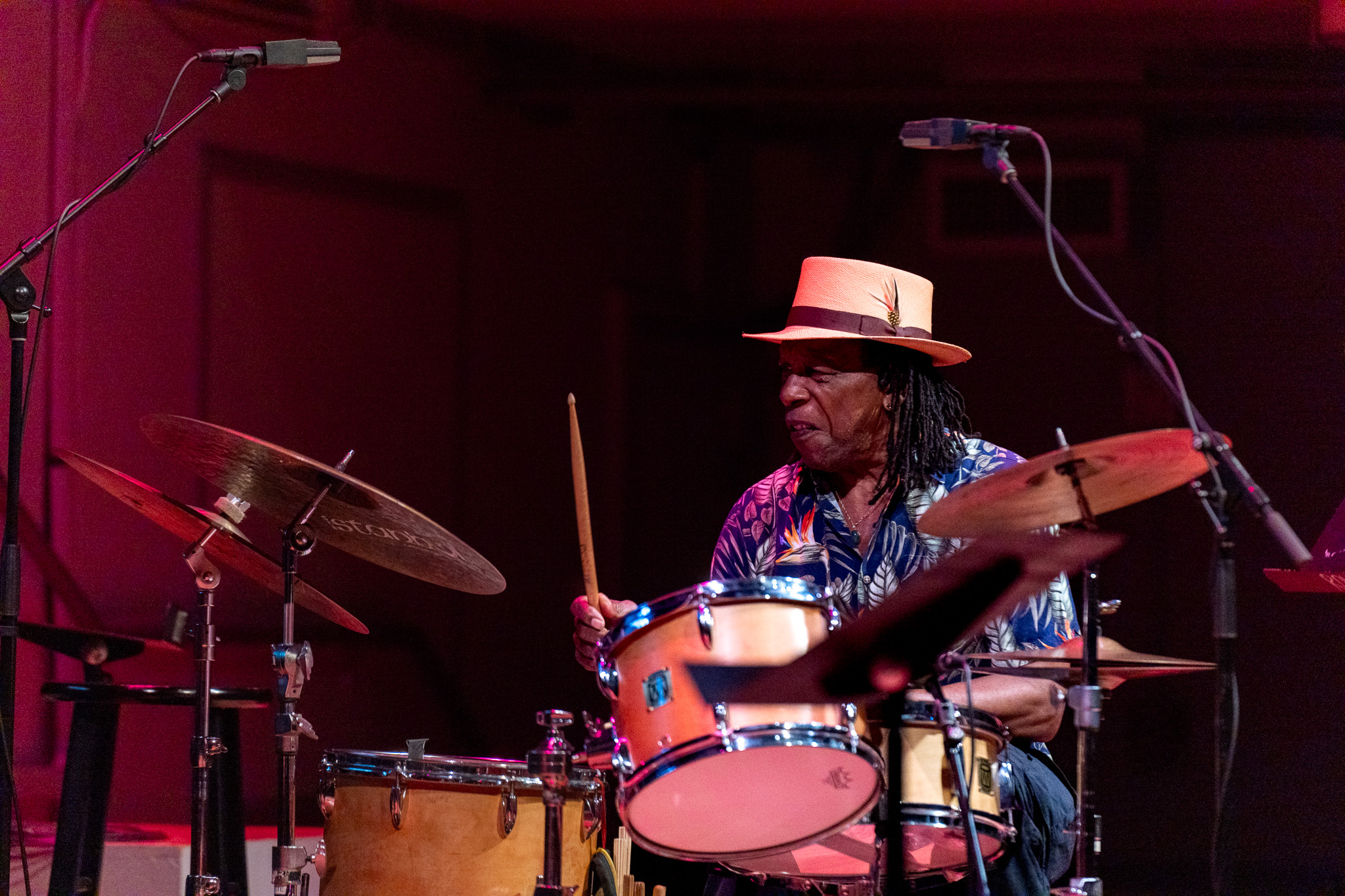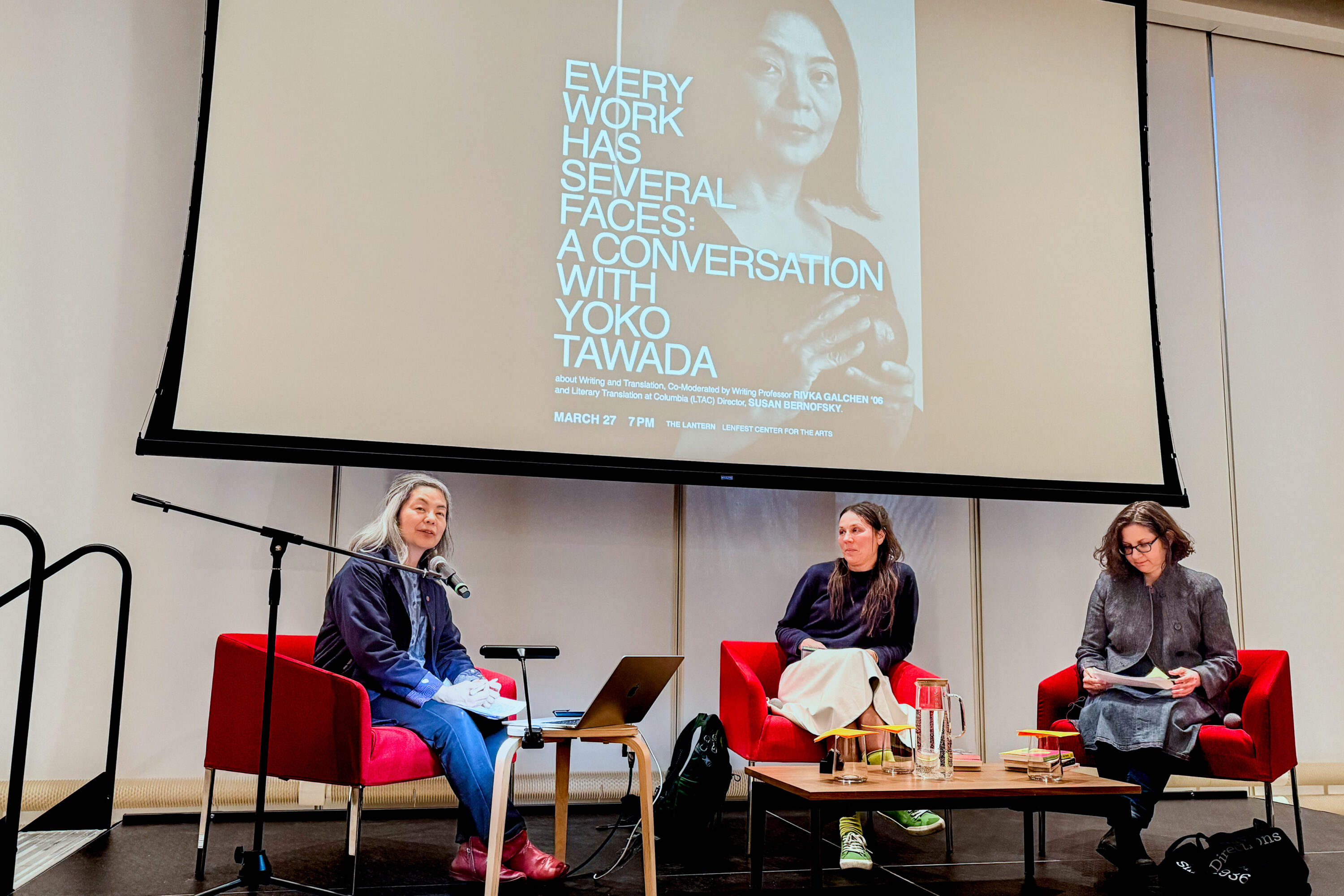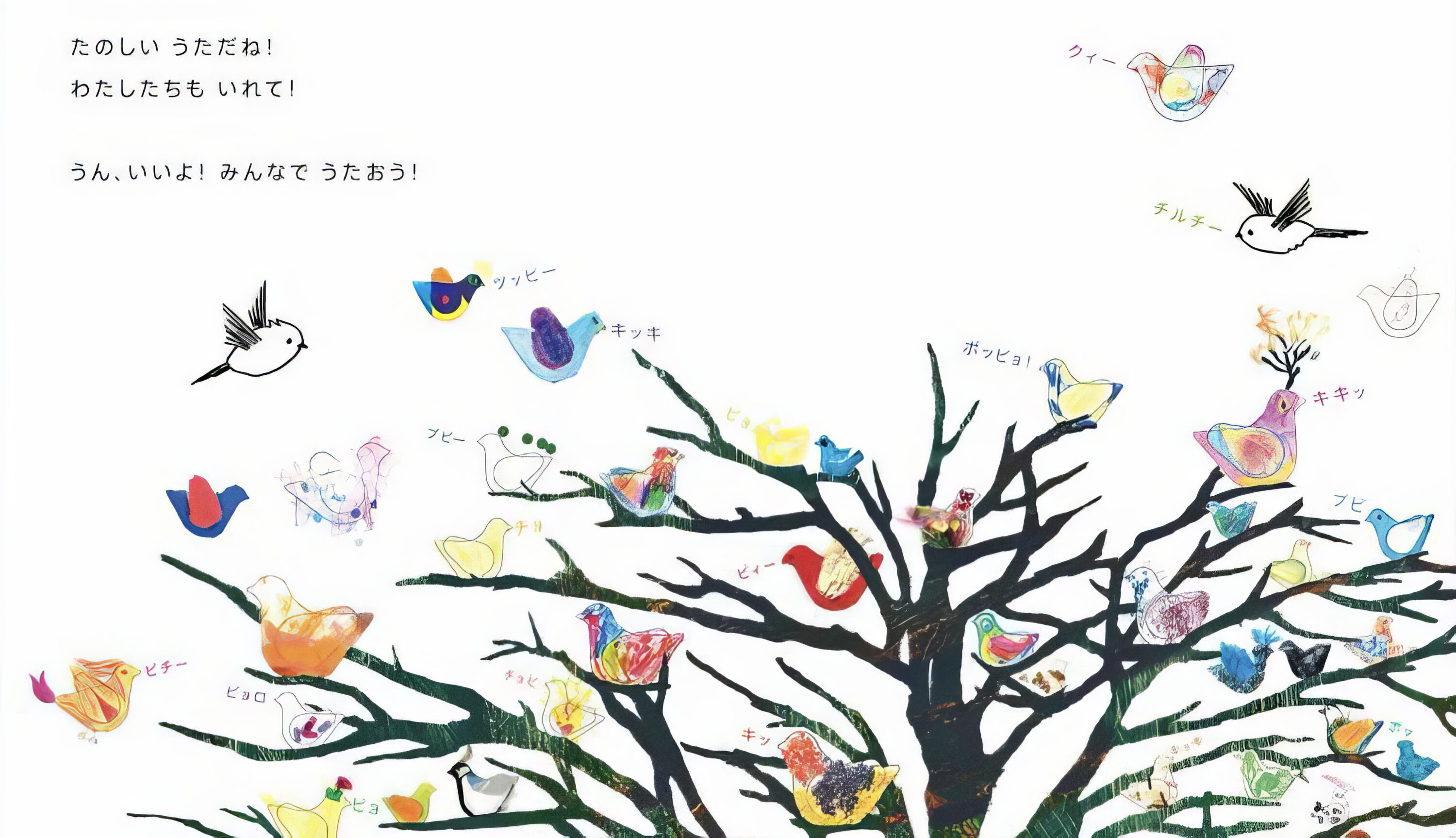This post is also available in:
日本語 (Japanese)
Singapore
by Hai Yen Ho| June 17, 2025 | Literature
 Photo © by Hai Yen Ho
Photo © by Hai Yen HoI don’t know why I came here. Waking at four in the morning, inside this airtight dormitory room with no windows, I can only tell the time from the screen of my phone. Below my bed, the Afghan girl is snoring softly. I imagine her bed, surrounded by piles of stuff hung haphazardly like a rumpled bed curtain. She’s been here for two weeks; the items hanging around the bed are a way for her to assert her attachment, her sovereignty, and to establish herself more firmly than the others, which currently consist of me, a Cambodian girl, and an Indonesian girl.
Together, we squeeze into two bunk beds placed opposite each other, inside a small room with no amenities other than aluminum lockers assigned to each guest for storing valuables. The rest of our belongings are hung haphazardly around the bed like the Afghan girl’s, stacked at the end of the bed like the Cambodian girl’s, or neatly packed in backpacks on the floor like those belonging to the Indonesian girl and me. A few hours ago, we had sat together, talking about the purpose of our trips and why we were here. A day earlier, I had been clinking tall crystal glasses at a glamorous party, sipping the bittersweet taste of sparkling wine, scented by an expensive perfume.
The dormitory is situated in a renovated old building, located on a narrow street near the Little India area. The ground floor is occupied by a garish Indian restaurant filled with dazzling colors and rich aromas of curry and spices. Perhaps the restaurant is doing well – I always see long lines of people waiting for their meals, men in Western clothes, women in saris, and all kinds of jewelry. By the straight wall of the restaurant, a small, worn red and white sign marked the existence of a dormitory that could only be seen by those who were really looking for it.
I remember the expression on the luxury limousine driver’s face when he read the name of the place I was going. “That area is for low-class workers,” he said. It wasn’t exactly a statement, more like a question. I think I understood what he meant.
Here, in this cheap dormitory motel, in the middle of a low-income immigrant neighborhood, amenities were limited. It was a far cry from the hotel I had just left, with its carefully considered lighting highlighting the most remarkable features of the classic architecture, its dark-uniformed waiters always ready to meet every need, no matter how small or unreasonable, such as shouting out the menu, adjusting the bed sheets, or changing the decorations. Here, the amenities are directly proportional to the amount of money I have to spend. I had to carry my luggage from the first floor to the third floor to check in, and then carry it up to the fifth floor to reach my room. Here, I could lose my shoes any time if I were not careful enough to bring them into the room instead of leaving them on the shelf. Here, the bathroom and toilet are for public use, and bathers can hear every noise from three blocks away. Here, the only things to sit on are the scattered beanbags that are always occupied, unless we are lucky enough to step in just as someone else is leaving.
I think I understood what the driver meant, because when we become too accustomed to certain conditions, it is difficult to accept lower ones. We can go from low to high status effortlessly, but it is not easy to do the opposite. I think I understood what he meant, that in the place I had just left, everything had its own principles and standards. I could not just arbitrarily enter and then leave as if it were a deserted place. The people inside that world had either struggled or been extremely lucky to be there, maintaining such a leisurely and comfortable demeanor.
In the place I had just left, people live by the identifiers on their bodies. Identities are literally measured in thousands or millions of dollars by what they wear, care for on their bodies, and proudly display to those around them. I was disgusted by all those identifiers, but at the same time, I also enjoyed observing them. I came here on a borrowed identity from my job. Soon, I know, I will return it. I never thought I would live with it for the rest of my life or trade myself to maintain it. However, I enjoy it, just as one would an exciting new chapter in one’s life. If I had not taken this job and attended gatherings like this, I would never have imagined that such a world existed.
Singapore is a land of opulence, of indiscriminate shopping habits, of millions or even billions of dollars exchanging hands. In Singapore, you can be a very important person or a person of no importance at all. As required by my job, I visit Singapore more frequently than any other country. Perhaps that is why I am allowed to see it from a broader, more diverse, and multi-layered perspective. There is a common denominator for the people I meet in Singapore – all are agile with constant smiles, chattering away in a strange but fluent language that combines English and Cantonese. Everyone is rushing in a solemn common ceremony, which cannot be said to be stress-free.
On many trips here, when moving from the hotel to the event venue, walking through the streets, wandering in the working-class areas, I have hardly seen any worried eyes or sadness. People are almost always at one of two extremes: either happy and enthusiastic or seriously focused on their work. Perhaps that is why the atmosphere here hardly inspires artistic, creative, or writing inspiration. I can only write about Singapore after leaving it far behind and for a long enough time. Singapore is a place that requires contemplation and careful consideration from many angles. It is a place that can overwhelm you with its splendor and modernity, yet also one that leaves no lasting impression. It’s a city without its own identity, without suffering or torment, a city that decides to choose silence when asked to tell its stories.
Like any other city, Singapore appears most clearly after dark. Every night, Singaporeans crowd into its Chinatowns, wide avenues, and bustling bars on small streets. But they depart as quickly as they arrived. At 10 pm, Singapore suddenly stops as if a fuse has blown; bars close, alcohol stops flowing, parties break up, and shops go dark. It’s a life strictly programmed for everyone, where one rests at 10 pm and goes to work at 8 am the next morning. It’s not a place for Jesse and Celine, with their budding romance after an all-night stroll.
A day before the full moon, the sky may not have stars, but the moonlight is always bright. I resist the urge to get out of bed, go down to the third floor to look out the window next to the stairs, and observe the moon. Observing the moonlight is always an interesting experience, but I didn’t think I could do it inside this constantly lit city. The night before, at the five-star hotel, when I wearily walked into the room on the upper floor with a glass wall that stretched across the room, I realized that I could see Marina Bay Sands very clearly from here. Marina Bay Sands, with its structure resembling a ship resting atop three adjacent skyscrapers, was once hailed as a futuristic design when it was completed, and it still is. Marina Bay Sands, with its countless colorful lights controlled by a sophisticated coding and operating system, is enough to make the viewer’s eyes feel too excited. Unlike the Marina Bay Sands and its artificial lights, the moonlight always shines within a certain limit, sometimes bright, sometimes dim, but never intending to dominate the viewer’s eyes. It just quietly stays in a corner, waiting for someone to notice. And if no one does, it doesn’t matter – it will still be there, quiet in its existence.
One’s inner world is measured by the dimension of the place that one holds within oneself. When I think about it, I relive various nights spent observing the moonlight in the vast sky of the Central Highlands of Vietnam, where I struggled to hoist my mattress up to the roof only to find it soaked with dew the next morning. Observing the moonlight is something we can only do in open spaces, places far from the city lights.
Here, inside this affluent city, observing the moonlight becomes the most luxurious thing of all, more luxurious than any hotel bed covered with white sheets that smell of perfume, or full-course meals where each dish is served rhythmically by waiters as steady as if they were in a military regiment. When I read an interview about someone who decided to leave a job in the lavish world to become a chef, I think I understand what she must have felt, every day, millions of dollars passing through her hands. Behind closed wooden doors, things are not as they seem. I had a clear feeling that if one remained in this world for too long without clearly recognizing one’s values, one would be corrupted, or at least homogenized.
The limousine driver was surprised when he took me from the hotel to this low-class area, but I knew better than anyone that this trip was bringing me back to my personal values, to the position of an observer who always stood between the two sides of life. I could live like a typical Singaporean, enthusiastically doing my job, living a surprisingly disciplined and formal life. I could also live like a typical character inside the upper class, filling myself with endless sumptuousness each day. But at night, the moonlight in my mind still returns to me, bathing me in its white light. I return to being myself, the little child struggling to hoist the mattress up to the roof to observe the moon until everything is soaked with dew.
Downstairs, the Afghan girl has begun to wake up. I know it when I hear her hand groping in the dark to find her phone, accidentally touching the clothes hangers around the bed, creating a loud clanging sound. That sound also accidentally wakes the two girls lying on the opposite side of the room. They look our way for a moment, then quickly return to sleep.
From the short conversation the night before, I know the Afghan girl was born into a large family. Like all girls her age in her homeland, she always wraps her ears and hair in a hijab. This was her first time going abroad, and she chose Singapore because it was known as the most modern and safe place in the world. Apart from Singapore, she didn’t think she had the courage to go anywhere else. The things hanging around her bed act as a shield against the world around her — she hadn’t been far from her homeland yet. Although she didn’t mention it in detail, I know that this trip is truly a revolution in the young girl’s life, the result of a long struggle with her family, or an escape from long-standing prejudices. I wonder how she felt when she first encountered modern facilities in the airport, or girls wearing short pants and short shirts walking in the crowded streets. Perhaps, after this trip, she will return as a completely different person. Perhaps, she won’t choose to return. I didn’t ask her much, but I know that her eyes were like mine once were, when I first packed my backpack and boarded an international flight. There was fear and apprehension, but also a determination not to let the journey end. I knew, from the very first trip, that I would keep going, keep going, until the end of my life.
From our dark dormitory room that barely lets in a bit of light, I can hear the boarding house stirring to life. Hurried footsteps shuffle to the bathroom. Outside, in the big city, suitcase wheels clatter here and there on the street. It may be tourists taking advantage of the little time left before boarding a flight, or workers preparing for the morning shift. I am in no hurry, because it is still five o’clock in the morning, and four o’clock in Vietnam. It will be another four hours before everyone starts working. I still have four hours to think about my trip, about the Afghan girl on the bunk below, about the two opposing worlds in which I exist a little in each. When I show my business card to the hands that glitter with jewelry, the hands that pass by the most expensive craftsmen in the world, the diamonds, the marbles, the silks that are impossibly smooth, I am only half alive. The other half, I live in this dormitory, lying on the uncomfortable bunk bed, listening to the footsteps that pass by the door. The hustle, the rush, the roughness, the hardship, the struggle, the sometimes confinement, all will awaken the other part of me. I am here, inside this futuristic city, doing only one thing: observing the moonlight in my mind.




